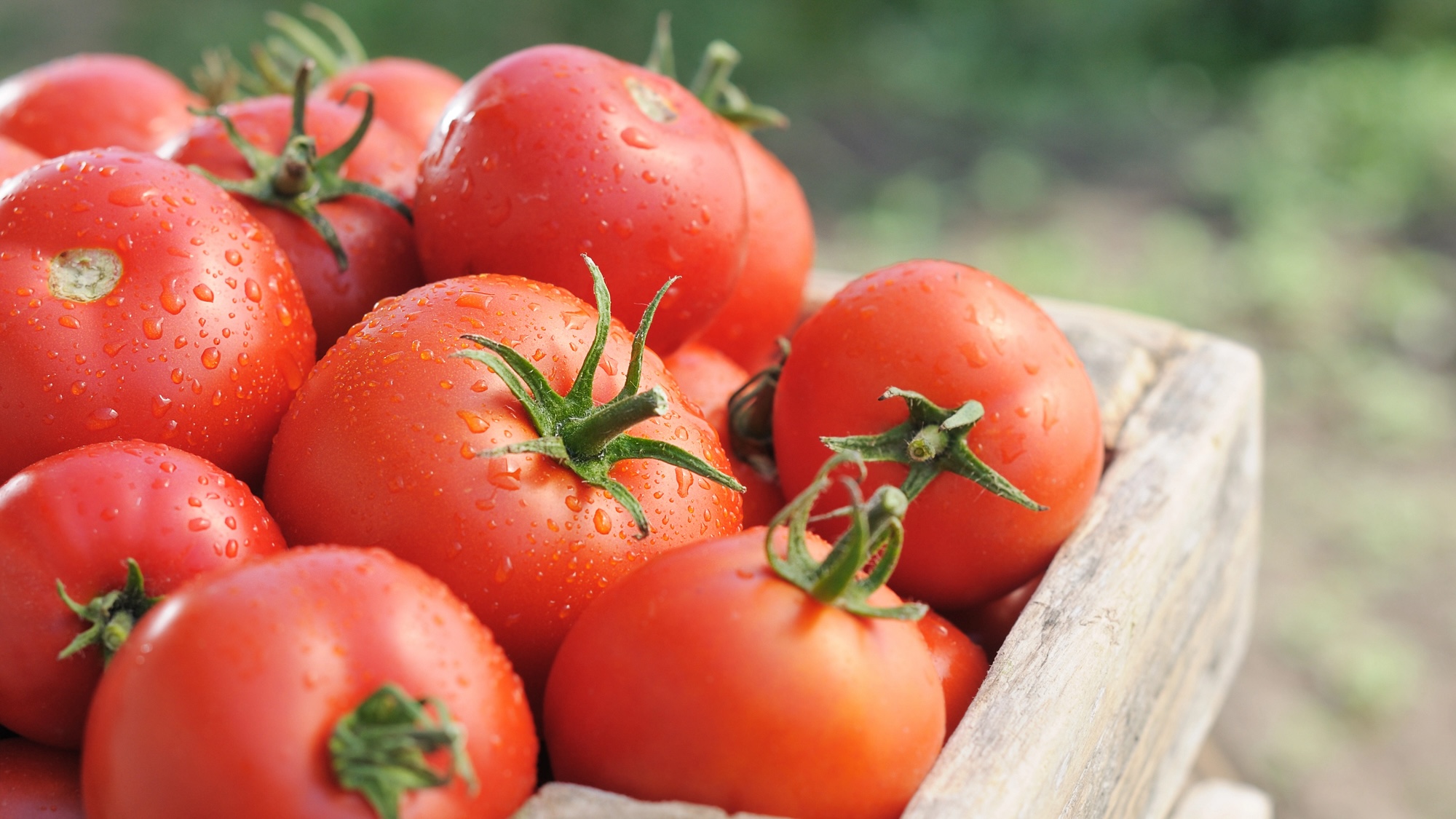
Today’s often grow to palm-sized proportions, but their naturally occurring ancestors were far smaller fruits. They were also sweeter and more flavorful due to their lower water content compared to the red fruits found in grocery stores—but recent genetic discoveries have unlocked the path to attaining the best of both worlds. Using , researchers created new “mutant” tomatoes that are as large as modern varieties while retaining a sweeter, more enjoyable taste.
And all it took was deactivating two genes. A team led by geneticists at the Chinese Academy of Agricultural Sciences in Beijing utilized the CRISPR-Cas9 technique to identify the pair of genes controlling sugar amounts in the tomato species, —the calcium-dependent protein, kinase 27 (SlCDPK27 or SlCPK27) and its paralogue, SlCDPK26. These, according to researchers, act as a tomato’s “sugar brakes” by degrading the enzymes responsible for sucrose production.

By simply deactivating the two genes, the new varietal grew fruit with 30 percent more glucose and fructose than common mass-production tomatoes. What’s more, doing so resulted in no measurable change in fruit size or total quantity. “Although there are fewer, lighter seeds in the mutants, they exhibit normal germination,” the team wrote in their study published on November 13th in .
“Together, these findings provide insight into the regulatory mechanisms controlling fruit sugar accumulation in [tomatoes] and offer opportunities to increase sugar content in large-fruited cultivars without sacrificing size and yield.” According to study co-author Jinzhe Zhang, the new mutant tomatoes are a marked improvement on those found in supermarkets. “[They] taste like water.
They’re flavorless,” Zhang complained of today’s options in an . But it’s not just the flavor improvement that’s important. notes that an estimated 205 million tons of tomatoes are produced globally each year, most of which are as much as 100 times bigger than their wild ancestors.
All that extra water requires removal for products like tomato paste, however, resulting in extra energy, financial, and time costs. Sweeter tomatoes may one day offer more efficient produce options for manufacturers. And because the two isolated genes are found in many other plant species, similar genetic editing may help improve other agricultural staples in the future.
.














